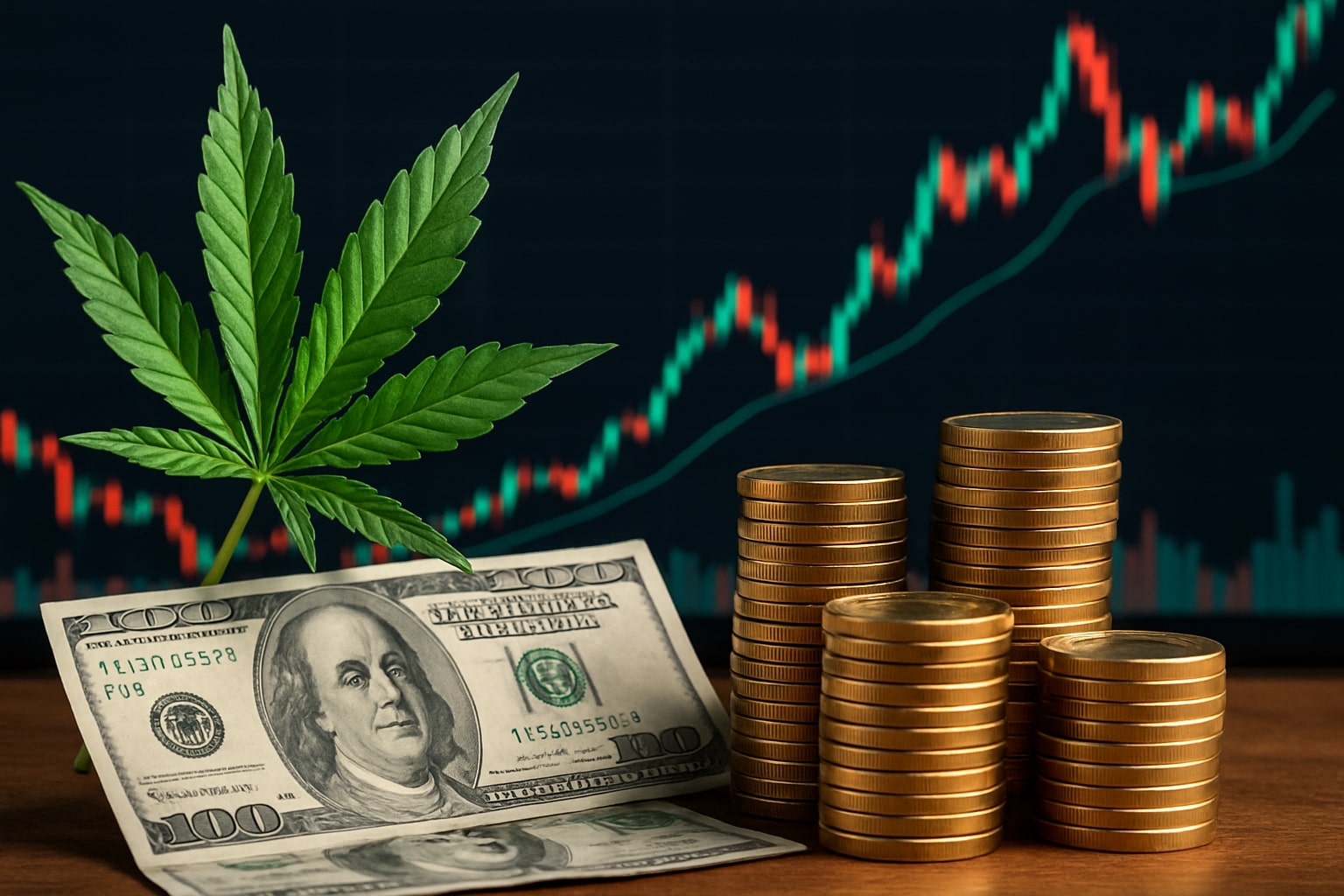For those whom are unfamiliar with Project CBD it is a California-based nonprofit committed to promoting and publicizing research into the medical uses of cannabidiol (CBD) and other components of the cannabis plant. CBD a nonintoxicating component of the cannabis plant, a hot topic these days with the increase of legalization of medicinal and recreational marijuana in the United States. When CBD becomes an approved pharmaceutical, discretion on the FDA will prevail as to which manufacturers of CBD-rich products shall operate.
Project CBD’s recommendations to the FDA:
• Do not make CBD a prescription-only drug.
• Fast track clinical studies designed to compare the efficacy of CBD isolates and whole plant CBD rich extracts.
• Require safety warnings for CBD isolates regarding drug interactions.
• While facilitating access to pharmaceutical CBD, don’t impede safe access to artisanal CBD-rich products.
• Prohibit the use of toxic thinning agents and flavoring additives in CBD-rich vape oil products.
• Publish all FDA test results pertaining to CBD hemp oil products.
• Don’t privilege pharmaceutical priorities at the expense of the fledgling, domestic CBD-rich agricultural sector and the CBD food supplement and topical industry.
It is possible that clinical trials that could demonstrate CBD’s effectiveness as a medical treatment are falling behind due to the marijuana prohibition across the nation. There are minimal single molecule CBD studies in progress compared to the large amount data generated by doctors and patients in states who favored medicinal legalization.
Extensive preclinical research in various animal studies has shown that single molecule CBD possesses anti-inflammatory properties. These included neuropathic pain, epilepsy, rheumatoid arthritis, multiple sclerosis, obesity, diabetes, and more. Scientist now understanding the potential of CBD as a treatment for ailments from cancer to addiction.
This idea that CBD can prevent or assist with health disorders isn’t just something from the 21st century. A study in 1998, by the National Institute of Health, became the foundation for the government patent on the antioxidant and neuroprotective abilities of cannabinoids, specifically CBD and THC (tetrahydrocannabinol). The study concluded that CBD and THC limited, “neurological damage following ischemic insults, such as stroke and trauma.” In addition, both CBD and THC were found to have a, “particular application … in the treatment of neurodegenerative diseases, such as Alzheimer’s disease, Parkinson’s disease and HIV dementia”.
With higher doses of single molecule CBD there is more of a chance of an unfavorable drug interactions. High doses of CBD can disable cytochrome P450 enzymes in the liver. This will change how one metabolizes various medications. This became apparent in trials for treating pediatric epilepsy with GW’s epidiolex trials. With chemotherapy, accurate dosing is crucial. Most chemotherapy drugs are broken down by cytochrome P450 enzymes prior to excretion. If CBD disrupts the functions of the cytochrome P450 enzymes the chemotherapy drug will accumulate and reach toxic levels.
There is not argument that both CBD isolates and whole plant CBD therapies provide benefits and additions to the medical sector. Patients should be restricted from cannabis-based medicinal forms of therapy.
MAPH Enterprises, LLC | (305) 414-0128 | 1501 Venera Ave, Coral Gables, FL 33146 | new@marijuanastocks.com










